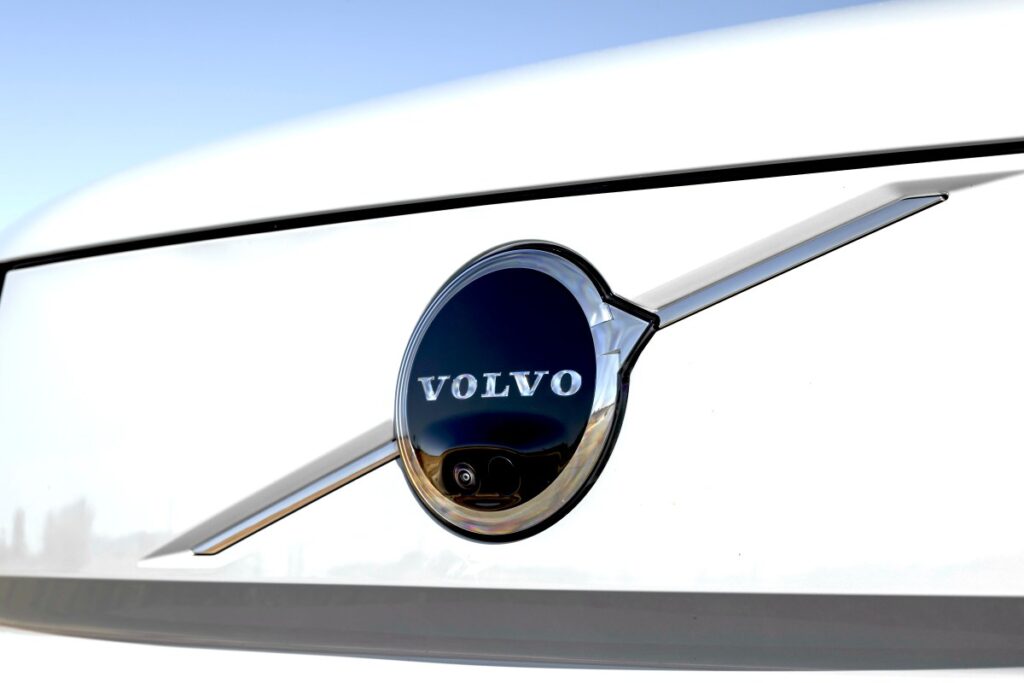Swedish car manufacturer Volvo has terminated its five-year contract with Luminar. This is the latest escalation in an increasingly ugly battle between LIDAR sensor companies and their biggest customers.
The battle is occurring at a moment of survival for Luminar. The company recently defaulted on several loans. Luminar is working to reach a resolution with these lenders, but has warned investors that it may have to declare bankruptcy.
To stop that, Luminar recently laid off 25% of its staff and is trying to sell itself, or parts of itself, to potential buyers. One of them is Luminar founder Austin Russell, who resigned as CEO in May amid an ethics investigation. Recent filings reveal that Luminar is also being investigated by the Securities and Exchange Commission.
“Volvo Cars has taken this decision to limit its supply chain risk exposure. This is a direct result of Luminar’s failure to meet its contractual obligations to Volvo Cars,” the automaker said in a statement to TechCrunch. Luminar did not respond to a request for comment.
Volvo is more than just a Luminar customer. The two companies have spent much of the past decade working together. Volvo invested in Luminar to help the Florida-based startup develop some of its first production cars.
This relationship was mutually beneficial. Luminar’s technology gives Volvo the confidence to deliver on its big promise to make roads safer by providing self-driving capabilities. Volvo boosted Luminar’s credibility ahead of the 2020 SPAC merger that made Russell the youngest self-made billionaire in history.
But Luminar faces challenges as a publicly traded company. The company has struggled to diversify away from Volvo, cutting a fifth of its workforce while deciding to outsource sensor manufacturing in 2024. Then, in May of this year, Russell abruptly resigned after Luminar’s board announced it had begun an investigation into the company’s “Code of Business Conduct and Ethics.”
tech crunch event
san francisco
|
October 13-15, 2026
The dispute with Volvo surfaced on October 31st.
The company informed shareholders in a regulatory filing on the same day that Volvo has decided not to adopt Luminar’s “Iris” lidar as a standard sensor in its EX90 and ES90 vehicles. Volvo also told Luminar that it has “postponed” a decision on whether to include the next-generation “Halo” sensor in the Swedish automaker’s future vehicles.
Luminar said in its filing that it is “seeking significant damages” from Volvo and “ceasing further commitments for Iris” to the automaker.
“While we are in discussions with Volvo regarding this dispute, there can be no assurance that the dispute will be resolved favorably or at all,” Luminar wrote.
Volvo told TechCrunch on Monday that “our products can provide high levels of safety and driver support by combining the car’s powerful core computing with an advanced sensor set, with or without lidar.” However, it added that “this situation is impacting some customers’ orders.” There was no immediate explanation as to whether that meant a delay or something else.
Volvo’s decision not only threatened Luminar’s bottom line, but also had ramifications for Luminar. In an October filing, Luminar said it had stopped spending on iris sensors for Volvo, but now the supplier that makes the sensors claims this is a breach of contract.
This story has been updated with comment from Volvo.
Source link

